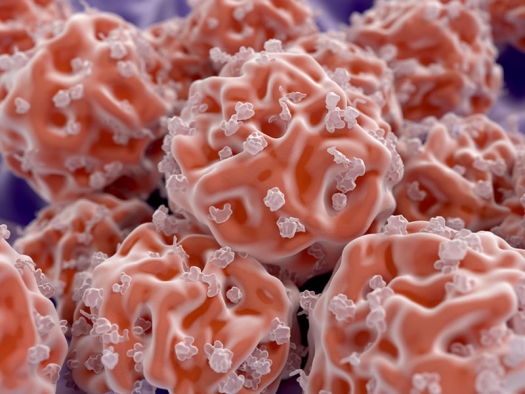There are many products advertised in the USA for regenerative medicine. Given the current regulatory situation of a deferred enforcement period for most HCT/P products in the USA, there has been some confusion as to which products are permissible and which are not. The FDA has worked hard to provide guidelines on areas that are “in-bounds” and “out-of-bounds” utilizing industry guidance, public service announcements, and individual company communications. Let’s focus in summary form on what we know from that guidance and those public service announcements so we can make sense of some core products that are commonly advertised in regenerative medicine.
Simply put, only minimally manipulated tissue allografts are permitted as off-the-shelf products in the USA. For advanced questions, we’ve put together a little guide, using FDA’s own messaging to help you make sense of it all.
Exosomes (Includes: Exosome isolates and exosomes enriched products): Not permissible without pre-approval (like a drug) from FDA. No approved exosome products currently.
Stem Cells (Includes: autologous/allogeneic stem cell isolates, embryonic stem cell isolates, MSC enriched products, HSC enriched products): The only stem cell based products that are FDA-approved consist of blood forming stem cells derived from cord blood. These products are approved for limited use in patients with disorders that affect the production of blood.
Cord Blood (Includes: cord blood MSCs, concentrated cord blood, cord blood plasma): Cord blood may also be used in procedures or treatments ONLY by the donor, first-, or second-degree blood relatives. Wide spread use of cord blood outside of these parameters (commercial allogeneic distribution) is not permitted without pre-approval (like a drug).
Structural Tissue Allografts (Includes: minimally manipulated amniotic membrane, umbilical cord, adipose tissue, bone, skin, tendon, cartilage): Required to meet four basic criteria, structural tissue allografts are permitted without pre-market approval. In summation of the criteria, the tissue should be recognizable as its source, serve the same purpose as the source, may not have additives outside of preservatives, and may not have a systemic effect.
For more information, please use the tremendous resources provided by the FDA as listed below or visit Signature Biologics.
References
Commissioner, Office of the. “Public Safety Notification on Exosome Products.” U.S. Food and Drug Administration, FDA.
Commissioner, Office of the. “FDA Warns About Stem Cell Therapies.” U.S. Food and Drug Administration, FDA.
Commissioner, Office of the. “Cord Blood: What You Need to Know.” U.S. Food and Drug Administration, FDA.
Food and Drug Administration (FDA). (2017). Regulatory Considerations for Human Cells, Tissues, and Cellular and Tissue-Based Products: Minimal Manipulation and Homologous Use.



